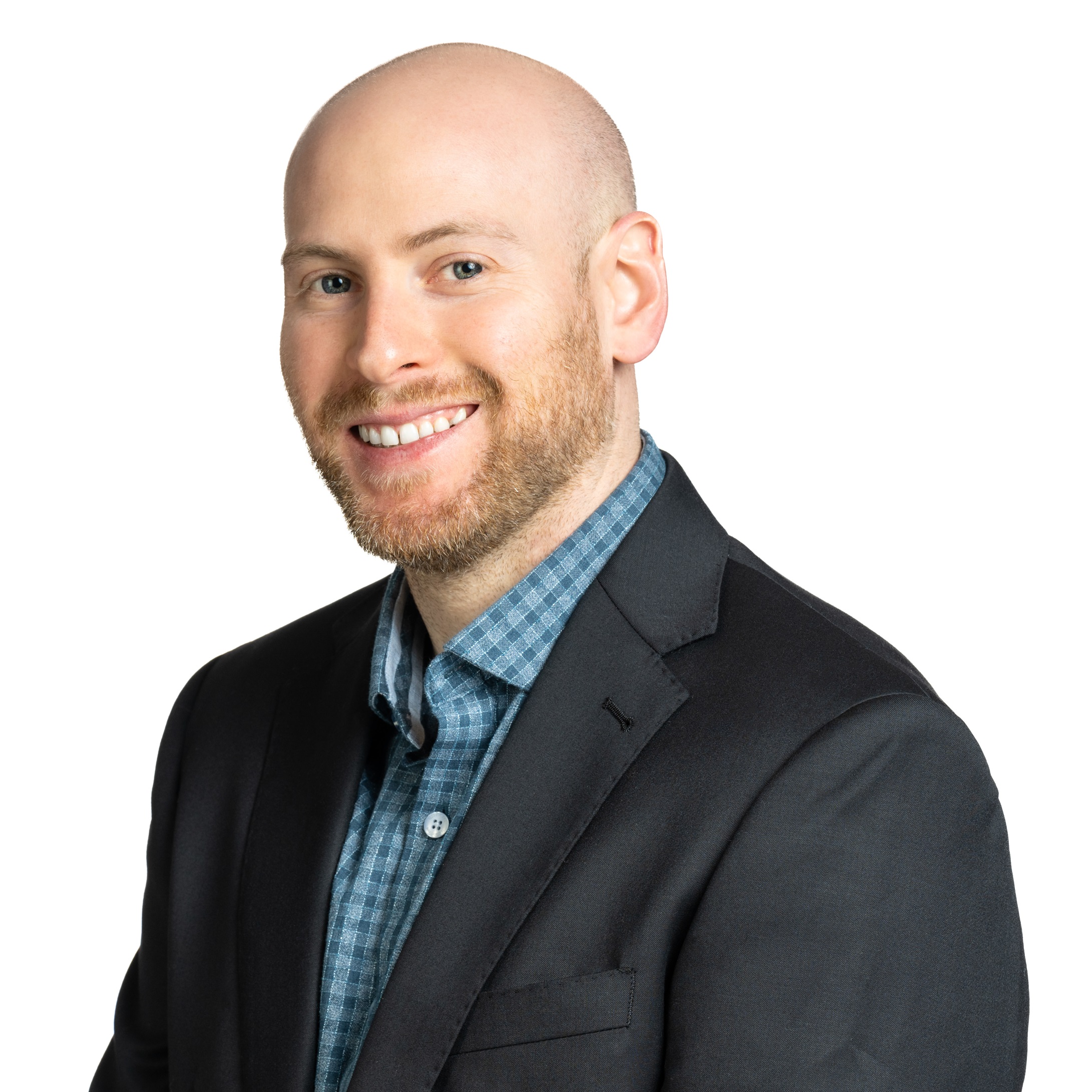After having spent 11 years as a student at the Technion, during which time he earned four degrees from the Faculty of Materials Science and Engineering, Grand Technion Energy Program, and the Department of Physics, Dr. Ofer Neufeld is returning to the university in the upcoming academic year – this time as an Assistant Professor at the Schulich Faculty of Chemistry and a member of the Helen Diller Quantum Center.
The fact that Neufeld has been affiliated with a variety of Technion departments reflects his strong advocacy for multidisciplinary science. “I believe that it helps to be knowledgeable and have a strong background in different fields,” he asserts.
During his first few years as a student at the Technion, Neufeld developed a passion for computational research and decided that his Master’s would focus on a theoretical approach to a practical subject: renewable energy. “We wanted to understand how photoelectrochemical cells work and how they could be improved.”
Eager to yet again expand his knowledge into new fields, Neufeld continued on to doctoral studies in Theoretical Physics. Neufeld’s doctoral thesis focused on atomic, molecular and optical physics, and specifically on intense light-matter interactions. “I studied the symmetry of light-matter interactions and how they affect nonlinear phenomena such as high harmonic generation. We later used this understanding to develop novel methods to detect chirality,” he explains. Chirality is a ubiquitous natural property describing asymmetric objects that cannot be superposed onto their mirror image. “It’s extremely important to determine whether a molecule is chiral or not for a variety of purposes, including drug design.”
After completing his PhD, Dr. Neufeld joined the Max Planck Institute for the Structure and Dynamics of Matter in Hamburg as a postdoctoral fellow, during which he won the prestigious Schmidt Science Fellowship for interdisciplinary studies. His postdoc lasted four years, but only two were in Germany – since the Covid crisis was at its peak, Neufeld began his research remotely from Israel. “Luckily, I am a theoretician,” he points out. After two years in Germany, he returned to Haifa in the beginning of October 2023, only a few days before the Hamas invasion and massacre. Despite the timing of his return, he insists that coming back to Israel was a “very good decision” for him and his family, which includes his wife and daughter.
Neufeld’s postdoctoral research remained in the field of light-matter interactions, but he switched his focus to condensed matter: “I explored what happens in solids irradiated by intense laser pulses – how electrons move and can be controlled out-of-equilibrium on very fast timescales, down to attoseconds (10-18 seconds).”
Now that he is returning to the Technion, Neufeld wants to merge different aspects of his expertise. “Our group will study ultrafast light-matter interactions in solids, but also in molecules and complex hybrid systems such as interfaces and surfaces,” he reveals.
The Neufeld Ultrafast Quantum Dynamics Theory Group will be launched this October. It will study ultrafast light-matter interactions and quantum dynamics in complex systems, with an emphasis on novel quantum materials and molecules. This multidisciplinary field lies in the intersection of Physics, Chemistry, Materials Science, and Optics. “Our focus is developing a deep understanding of femtosecond (10-15 seconds) to attosecond timescale coherent dynamics that arise in matter irradiated by intense lasers, including high harmonic generation, photocurrent generation, light-dressed Floquet phases, ultrafast magnetism, and more.”
The new group will also strive to develop methods for time-resolved spectroscopy and novel light sources such as ultrashort magnetic pulses. “We use diverse theoretical tools ranging from analytical approaches for semi-classical dynamics, numerical models, and ab-initio simulations such as real-time time-dependent density functional theory (TDDFT),” Neufeld elaborates.
The quantum materials that will be studied include topological insulators, topological semimetals, correlated solids and two-dimensional materials. “Our goal is to understand what happens within these materials as they are excited by light; what happens to the electrons; where do they go and how fast; which phenomena result from this; and how can these processes be coherently controlled,” explains Neufeld. The new theoretical group will collaborate with experimental scientists around the world, including at the Technion.
Ofer is very excited about coming back to his alma mater. “The Technion is the perfect place for performing cutting edge interdisciplinary research, and the students are excellent and hard working.”
For more information see Ofer's group page.

